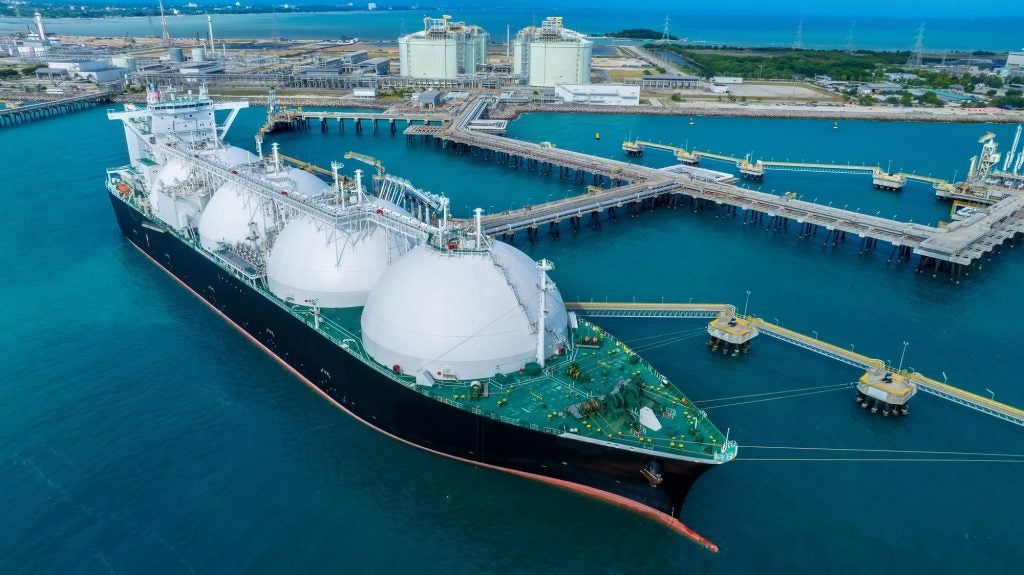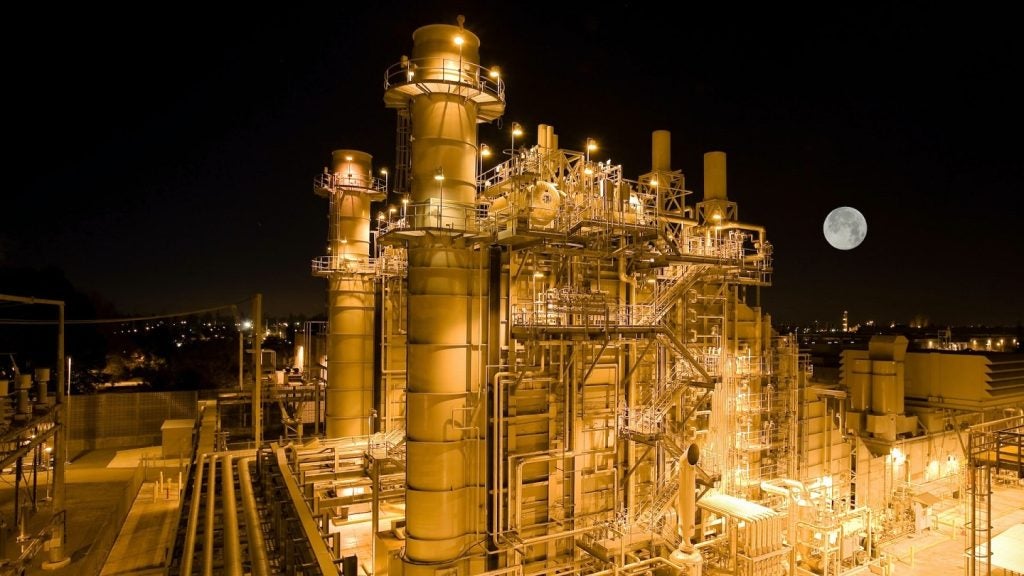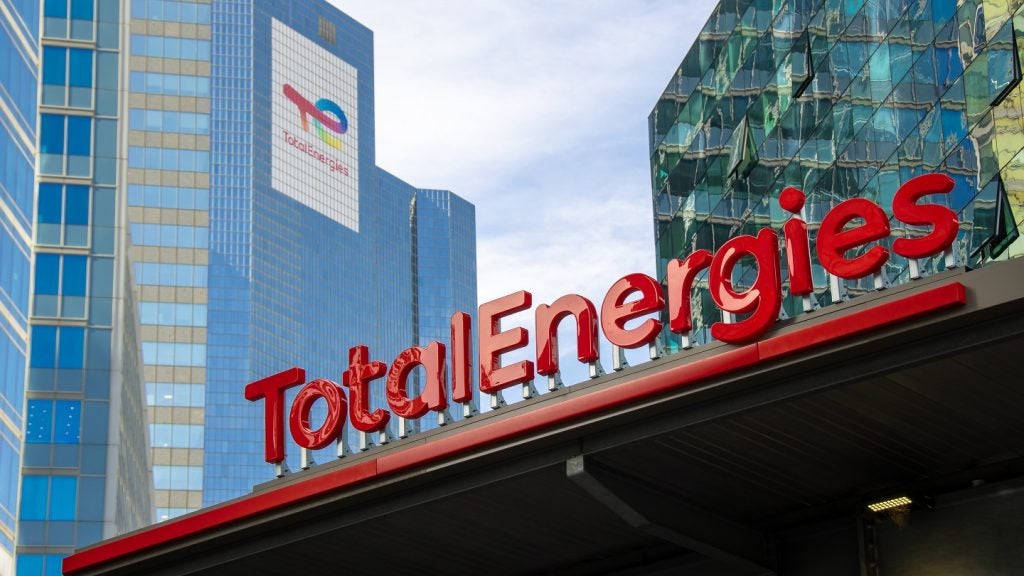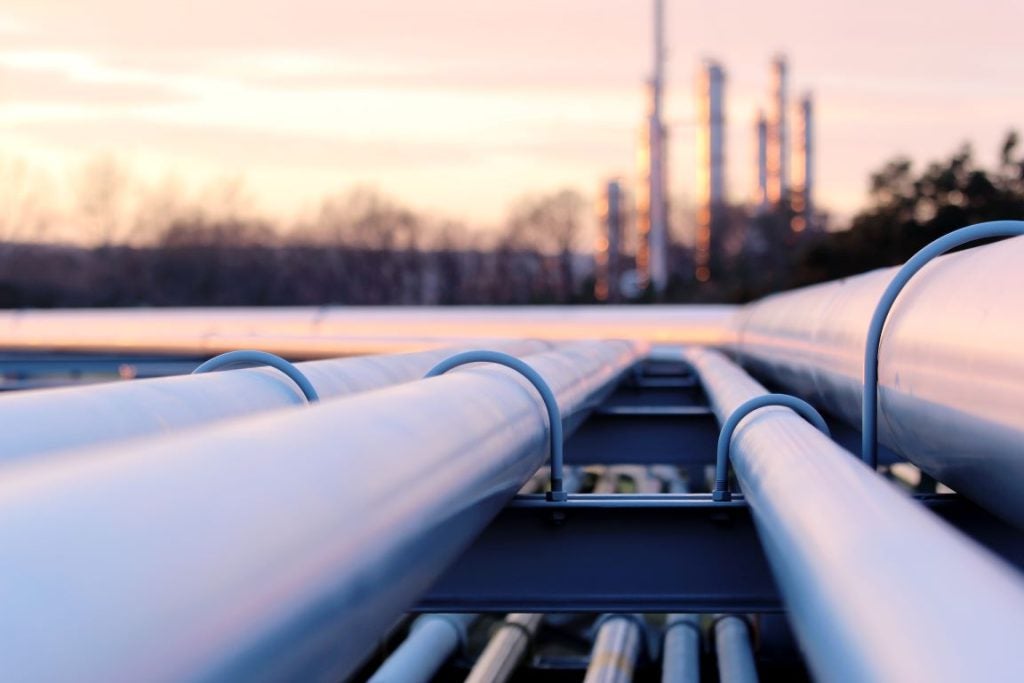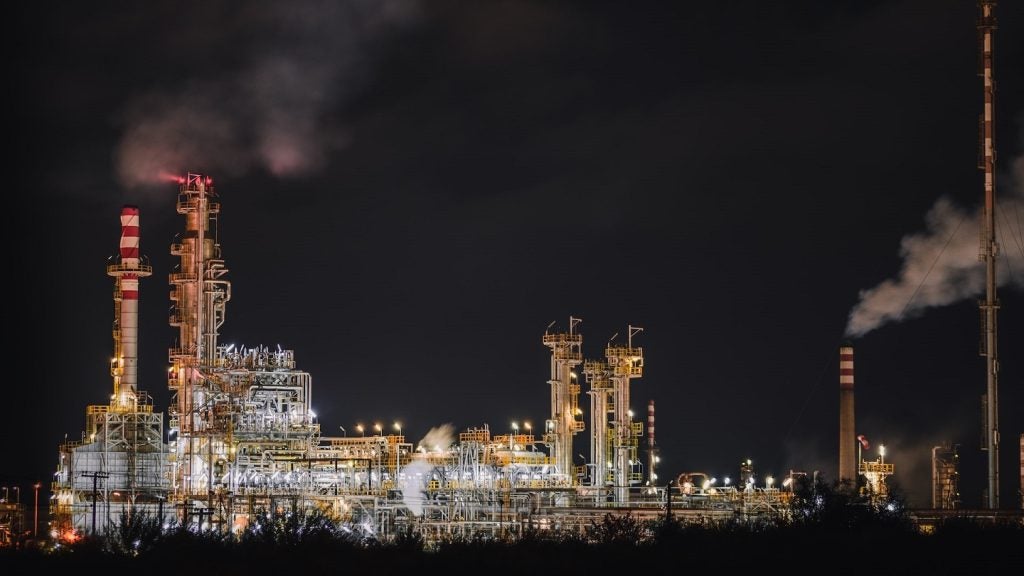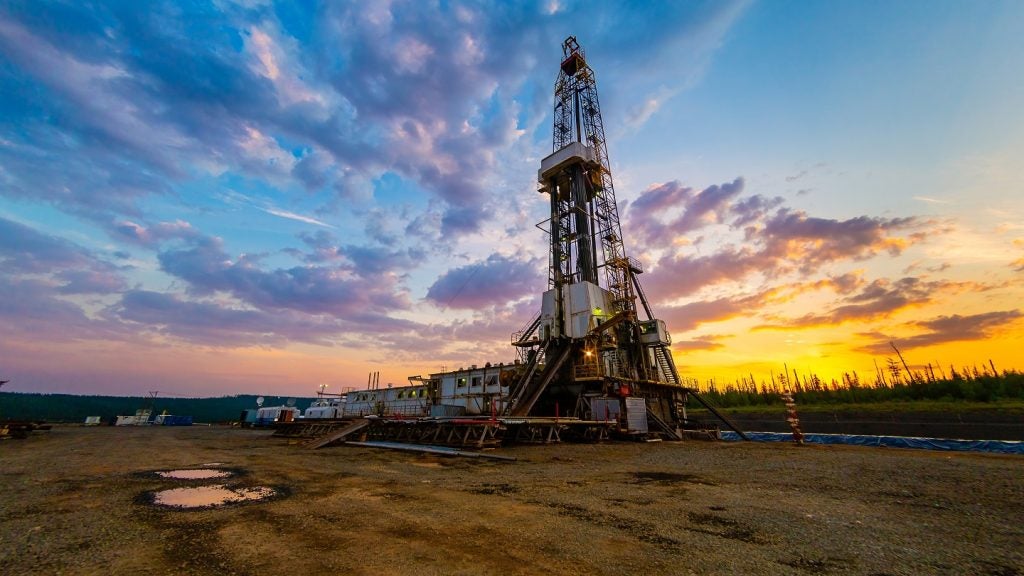Lithuanian state company KN Energies will operate Germany’s first set of four state-owned LNG terminals on the North Sea coast to smooth the country’s transition away from reliance on Russian gas.
KN Energies previously operated Germany’s first set of state-leased LNG terminals and fitted tankers with equipment used to turn the liquid fuel back into gas, known as floating storage regasification units. The Lithuanian company also operates an LNG terminal in the Baltic Sea, which is used for importing natural gas to Lithuania.
Darius Šilenskis, CEO of KN Energies, said in a press release: “By providing commercial management services to two German LNG terminals, we have had the opportunity to demonstrate unique competences, expertise, professionalism, and the ability to meet customers’ expectations in a qualitative and prompt manner.”
The Lithuanian energy ministry owns 72.5% of KN Energies, while another 10.4% is owned by the Lithuanian conglomerate Achema Group.
The four LNG terminals operated by the Lithuanians have a regasification capacity of at least 20 billion cubic metres.
Dr Peter Röttgen, managing director of Deutsche Energy Terminal [DET], the German state-owned energy company, said: “After our initial positive experience of working together with KN at our sites in Brunsbüttel and Wilhelmshaven, we are now looking forward to continuing this fruitful and professional collaboration for all DET sites.”
Germany has looked to increase its imports of LNG since the beginning of Russia’s full-scale invasion of Ukraine as it used to be reliant on the aggressor nation for gas.
In December, the Hanseatic Energy Hub announced that the LNG terminal in the Elbe River port in Lower Saxony is expecting its floating regasification vessel to arrive in February, enabling seaborne gas cargoes to power local pipeline grids.
A new LNG terminal at Mukran on Rügen Island in the German Baltic Sea is also set to become operational from the first quarter of 2024, pipeline building company Gascade told Reuters last October.


